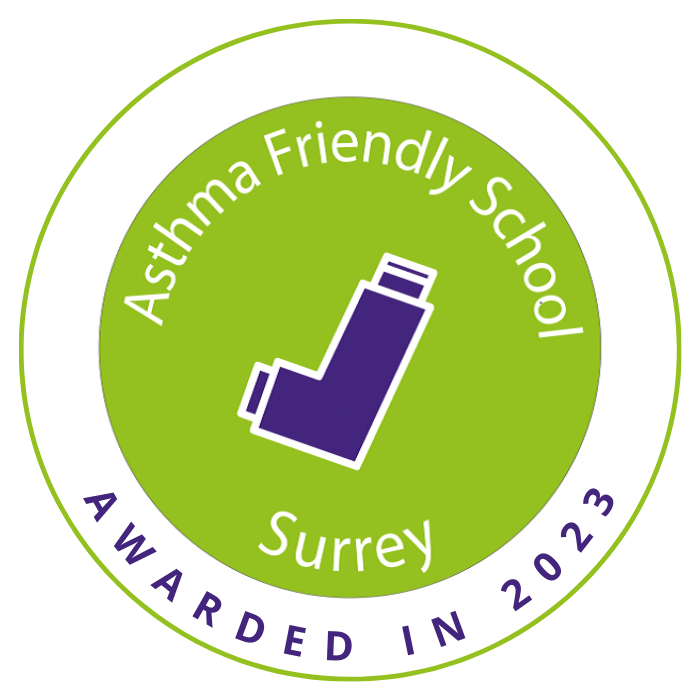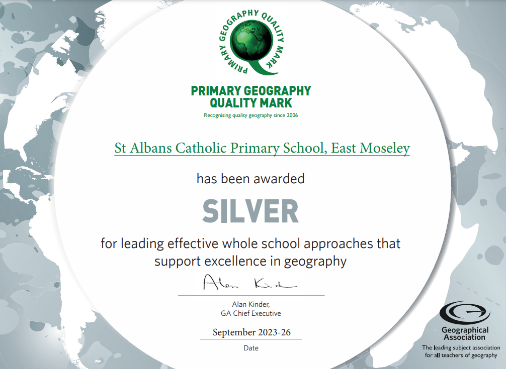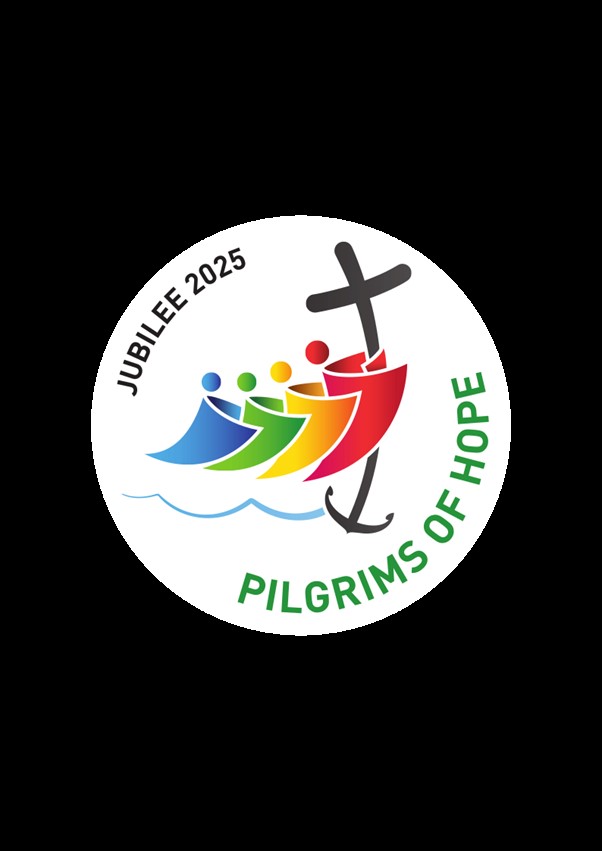British Values
Maintained schools have obligations under section 78 of the Education Act (2002) which requires schools, as part of a broad and balanced curriculum, to promote the spiritual, moral, cultural, mental and physical development of pupils at the school and of society. Through ensuring pupils’ spiritual, moral, social and cultural (SMSC) development, schools can also demonstrate they are actively promoting British Values. It is a requirement that schools should promote the fundamental British values of democracy, the rule of law, individual liberty and mutual respect and tolerance of those with different faiths and beliefs. By doing this, schools should be in a position to demonstrate how they are meeting the requirements of Section 78 of the Education Act 2002, in their provision of SMSC development (DFE, November 2014).
We at St. Alban’s Catholic Primary School aim to give every pupil a well-rounded education that will prepare them for life long-learning beyond their time at this school.
We believe that through our Core Values, our Religious Education and Personal Social, Health Education (PSHE) programme, we give our pupils an understanding of British Values and their importance in today’s society.
We cover this through some of the examples highlighted below:
Democracy
- Pupils elect their own class School Council members through democratic voting
- Circle time allows for opportunities to discuss issues raised
- School Council visit the Houses of Parliament to learn about our democratic system
- Children are regularly consulted through Pupil Voice about many different elements of their school life and experiences
The Rule of law
- Ensure school rules and expectations are clear, fair and consistent across the school
- Children understand the importance of all forms of rules, such as class rules, rules for games/sports, playground rules and E-Safety rules
- We help pupils to distinguish right from wrong through our Catholic ethos and teaching of the values in the curriculum
- We help pupils to understand that living under the rule of law protects individuals, which will include visits from the police and other services
Individual Liberty
- We place a great deal of importance on encouraging our pupils to know, understand and respond to their rights and freedom. We ensure that they know how to protect their personal rights and freedom through Online Safety and PSHE sessions
- Our pupils are encouraged to make safe choices in their school life and life beyond school
- We encourage pupils to think for themselves and to have opportunities within their work to make personal choices
- We provide, where possible, equal access to activities so that personal choices can be made
Mutual Respect
- This is instilled through everything that we do, but is clearly encompassed within our core teaching programme through values such as respect, understanding and responsibility
- Our pupils learn to understand and respect one another and the adults around the school, through our key values.
- As part of our value of understanding, children learn about disability through PSHE lessons
- The excellent behaviour of our pupils is reflected within school but also beyond, for example, school visits where we are regularly praised by members of the community
- We try wherever possible to make links with the local community so that our pupils can show respect towards others, e.g. visits to day care centres, local churches and other places of worship
Tolerance and understanding of different faiths and beliefs
- The notion of equality and prejudice is discussed through our PSHE teaching but also explicitly through such weeks as Against Bullying and E-Safety Week (Online Bullying is covered).
- We celebrate and recognise that we are all equal in God’s eyes and that we are all unique and special in some way.
- As part of our RE curriculum, pupils learn in detail about the following religions: Judaism, Islam, Hinduism and Sikhism
- Pupils are encouraged through the Religious education programme to understand the similarities and differences between Christianity and other faiths. This is achieved through direct teaching but also by, when possible, meeting members of our local community (and beyond), and by visiting different places of worship.






